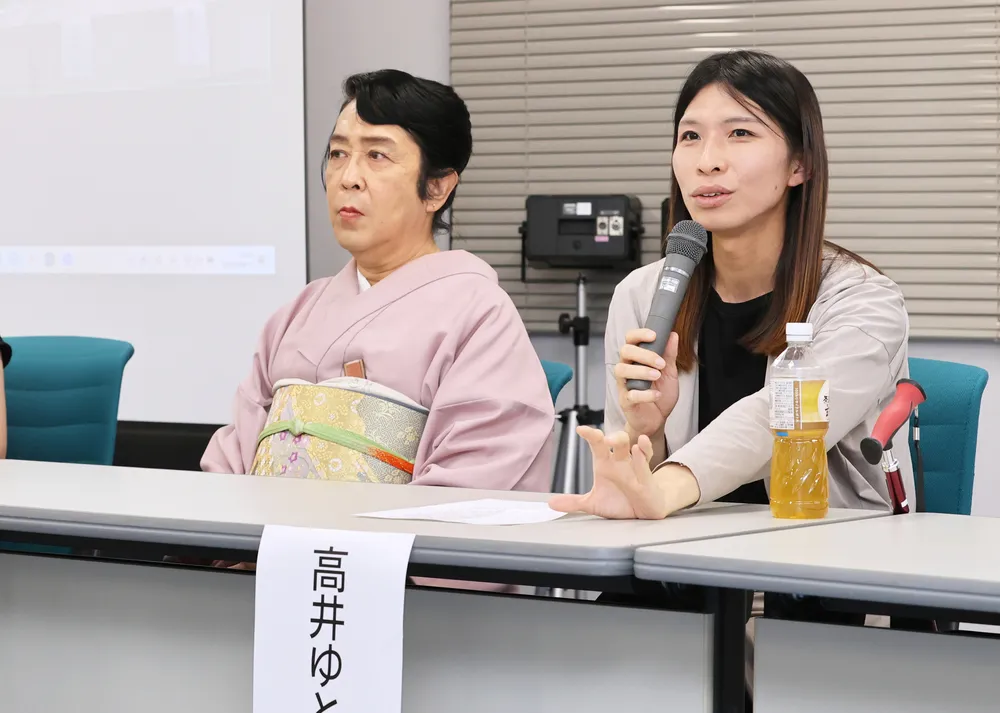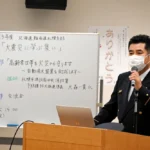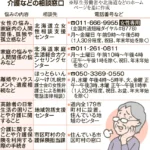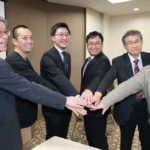A study session titled “Transgender Today” was held in Sapporo to learn about the current situation surrounding transgender people whose gender assigned at birth does not match their gender identity. The event featured a talk session and a lecture discussing various issues.
“I Finally Became Myself”
—— This past August, officially changed the gender on family registry to female.
Speaker Until then, every time I saw the gender field on my My Number card or medical examination tickets, it felt like I was being confronted with “you are a man,” which was very painful. After 60 years of living, I finally feel like I’ve become myself. This was the first step toward living authentically.
—— What are your thoughts about regional disparities in healthcare?
Speaker There are disparities in available healthcare between rural areas and cities. Gender confirmation surgery is only available in Sapporo within Hokkaido. There’s also the current situation where medical treatment hopefuls flock to the point that lotteries are held.
Speaker To change one’s legal gender, the law requires “diagnoses from two or more physicians.” While some people have gained peace of mind by receiving a doctor’s diagnosis, it’s also true that this has created a hierarchy where “those with diagnoses are the real ones.” I think connecting medicine and law in this way is problematic. Originally, the desire to change one’s gender and whether to undergo surgery are separate matters.
…






